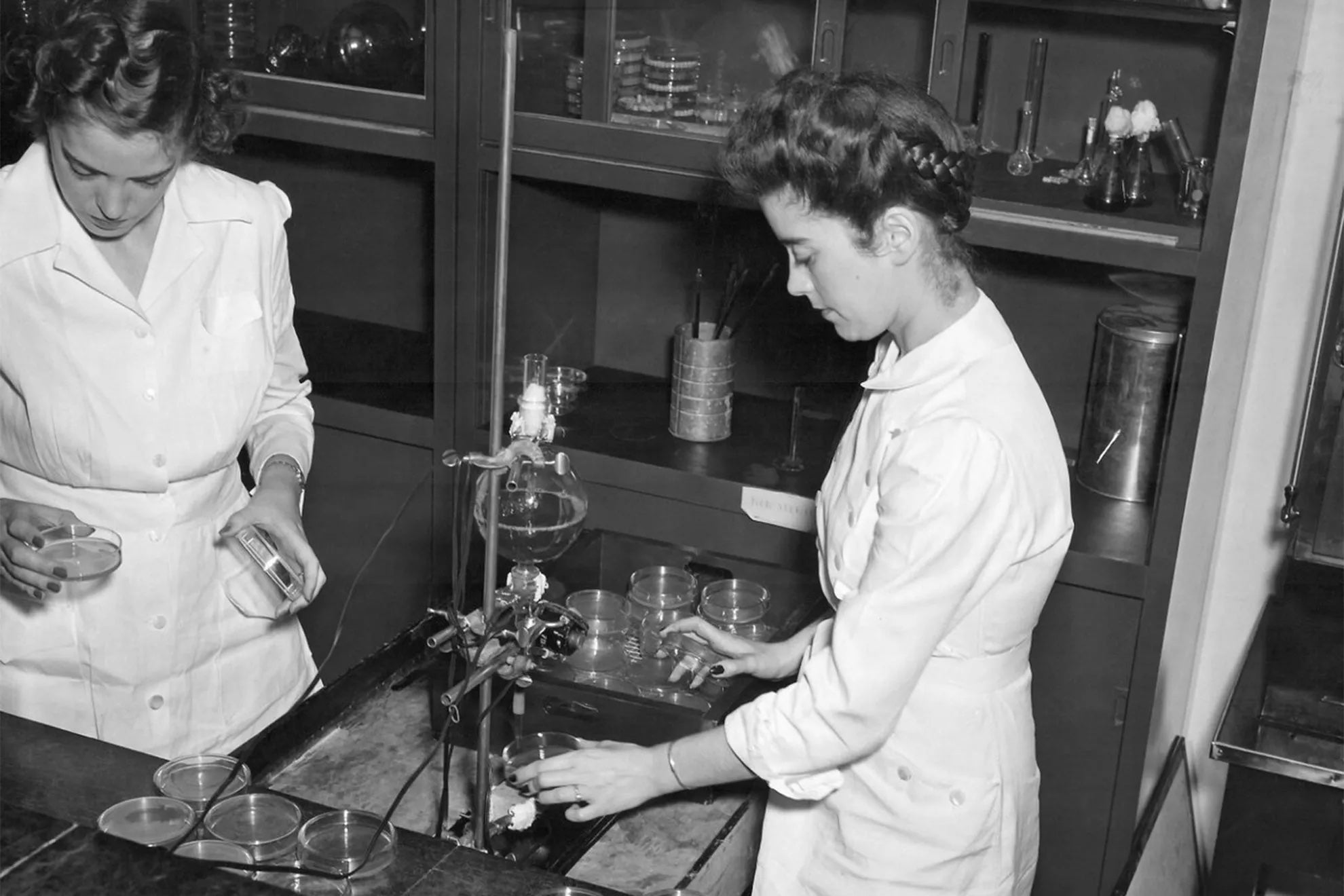Biostatistics Journal Club with Andrea Foulkes – 5/1

Biostatistics Journal Club: Defining Long COVID Without a Gold Standa
Moderate to severe post-acute sequelae of SARS-CoV-2 infection (PASC), also called long COVID, is estimated to impact as many as 10% of SARS-CoV-2 infected individuals, representing a chronic condition with a substantial global public health burden. An expansive literature has identified over 200 long-term and persistent symptoms associated with a history of SARS-CoV-2 infection; yet there remains to be a clear consensus on a syndrome definition. Such a definition is a critical first step in future studies of risk and resiliency factors, mechanisms of disease, and interventions for both treatment and prevention.
Andrea Foulkes, ScD, of Massachusetts General Hospital, recently applied a strategy for defining PASC based on a least absolute shrinkage operator model which leverages information on history of SARS-CoV-2 infection. This talk will present a formalization and evaluation of this approach with theoretical derivations and simulation studies, including a demonstration that it appropriately a) selects symptoms that associate with PASC and b) results in a score that has high discriminatory power for detecting PASC. An application to data on 9764 participants (89% SARS-CoV-2 infected; 71% female; 16% Hispanic/Latino; 15% non-Hispanic Black; median age, 47 years [IQR, 35-60]) in the RECOVER (Researching COVID to Enhance Recovery) Adult Cohort is presented to illustrate the findings.
Suggested Reading:
Development of a Definition of Postacute Sequelae of SARS-CoV-2 Infection


